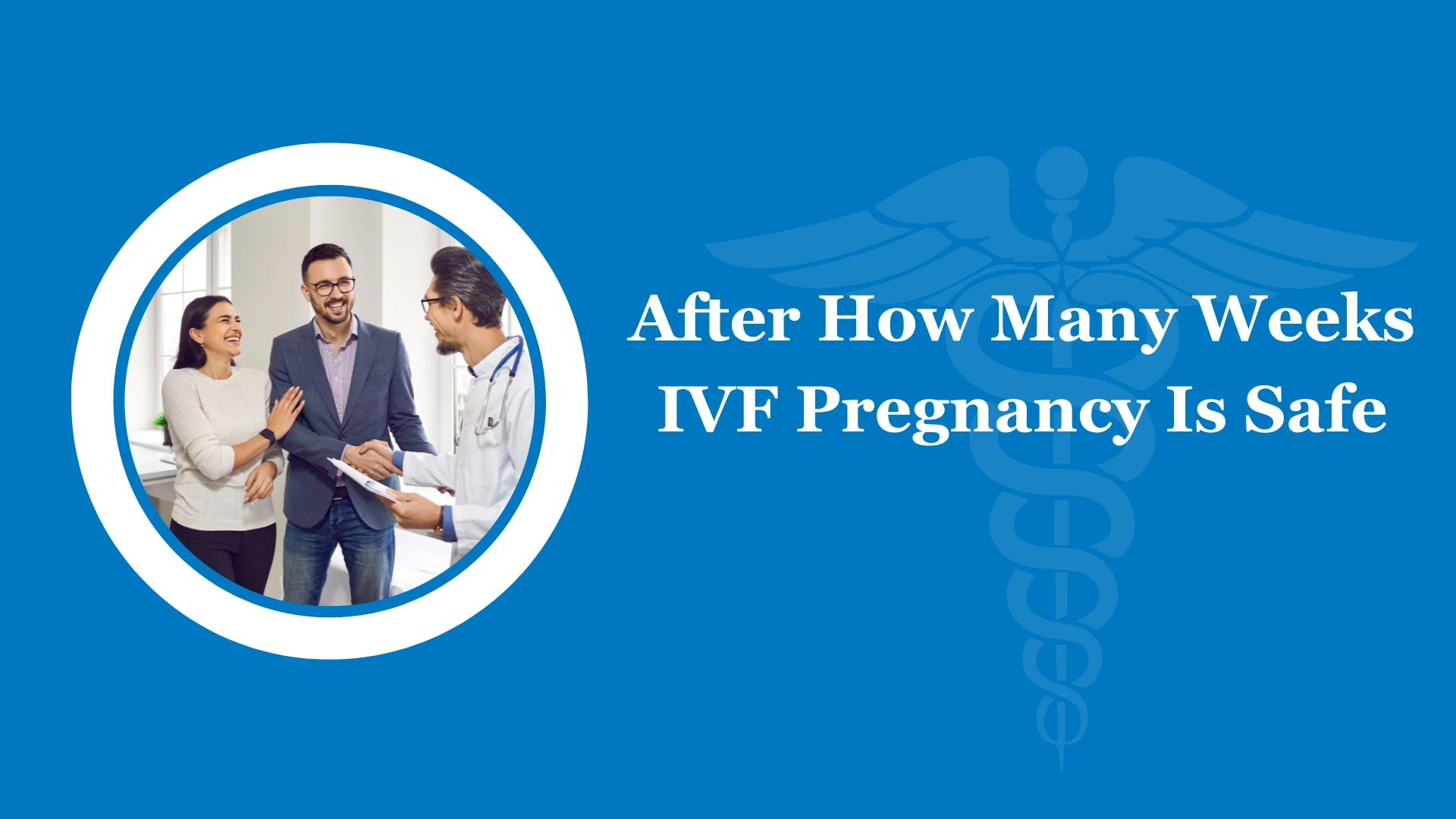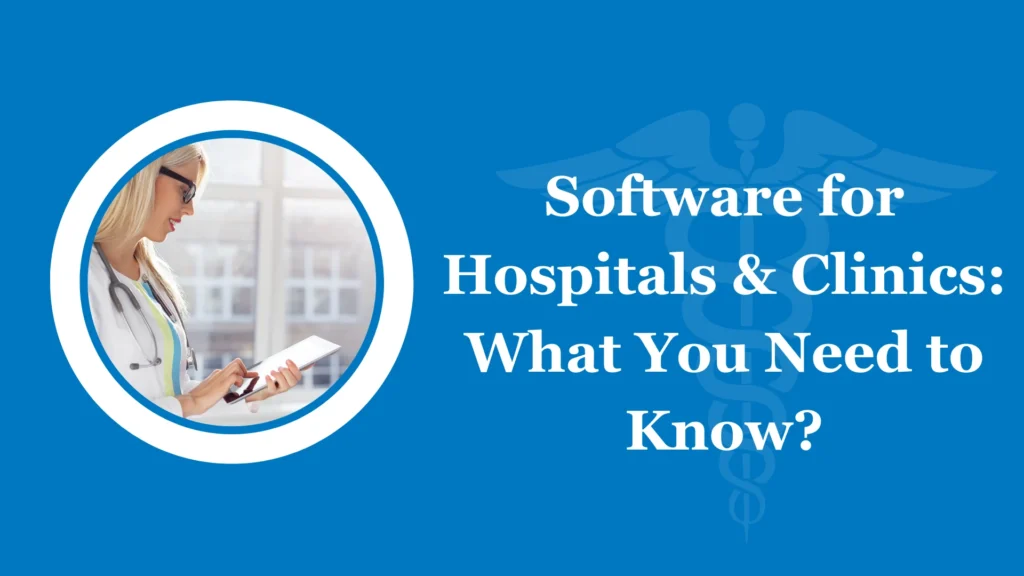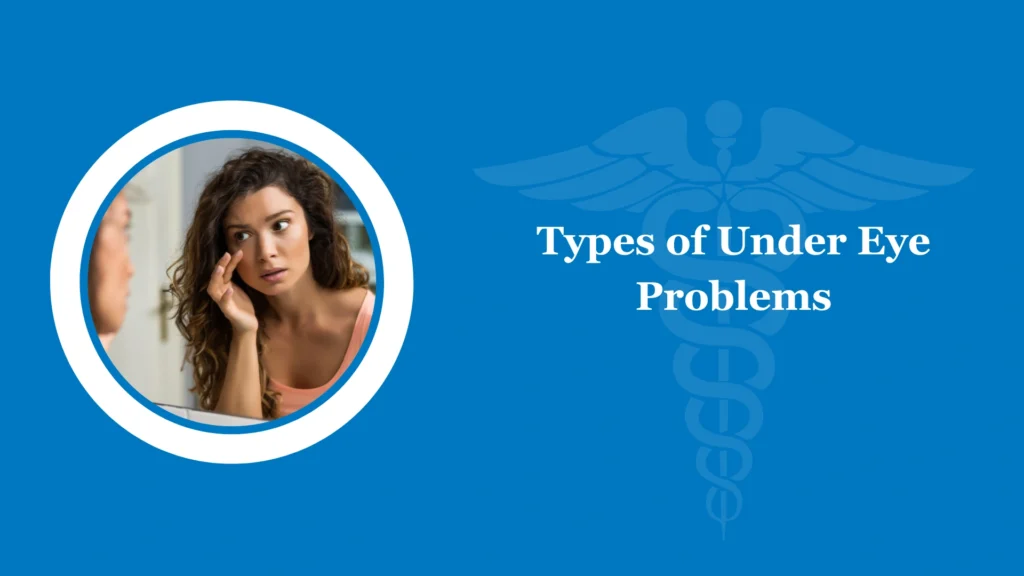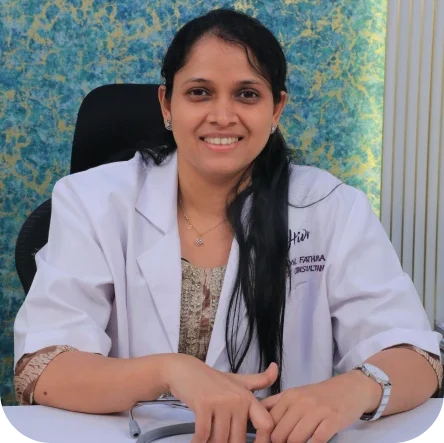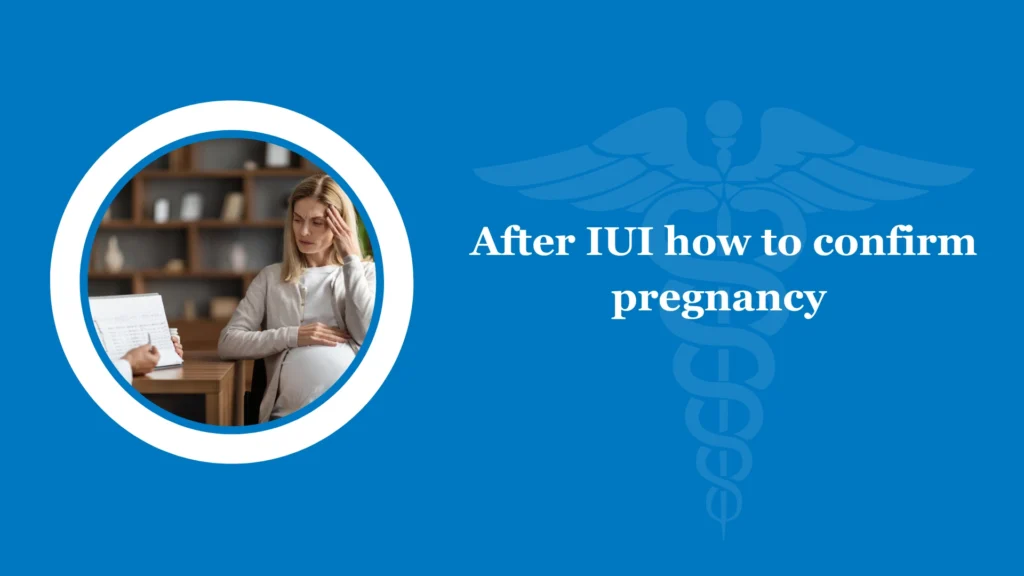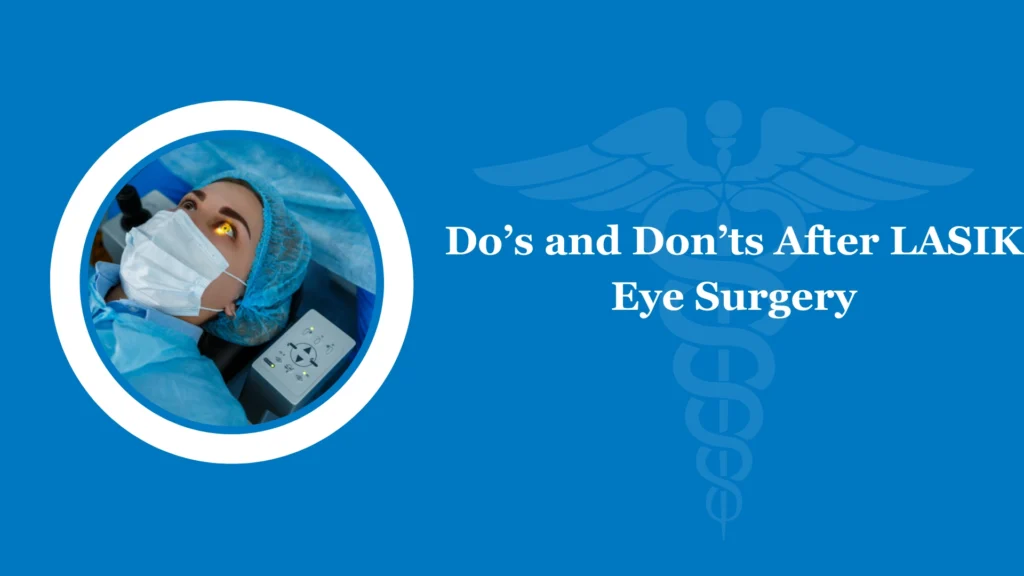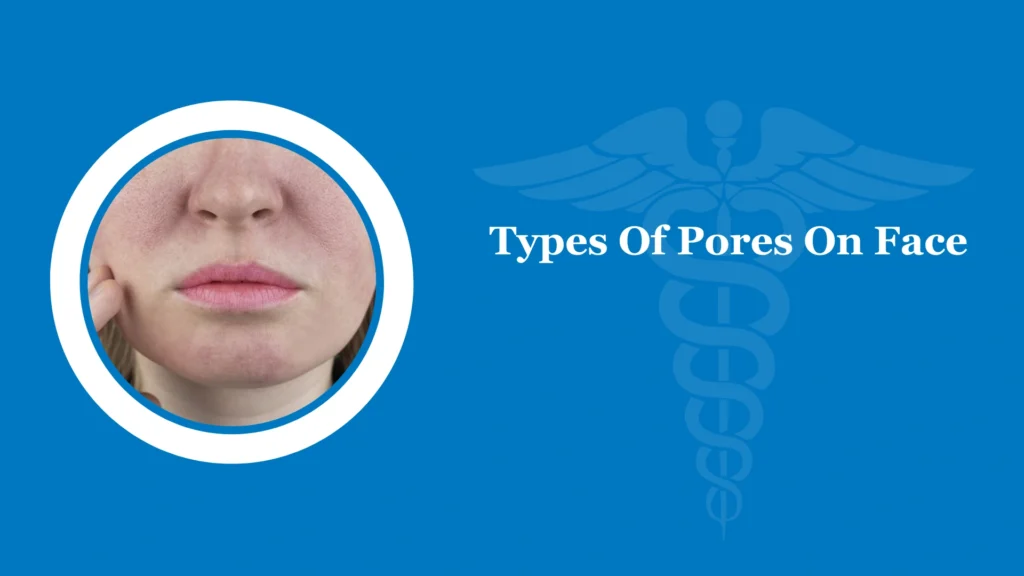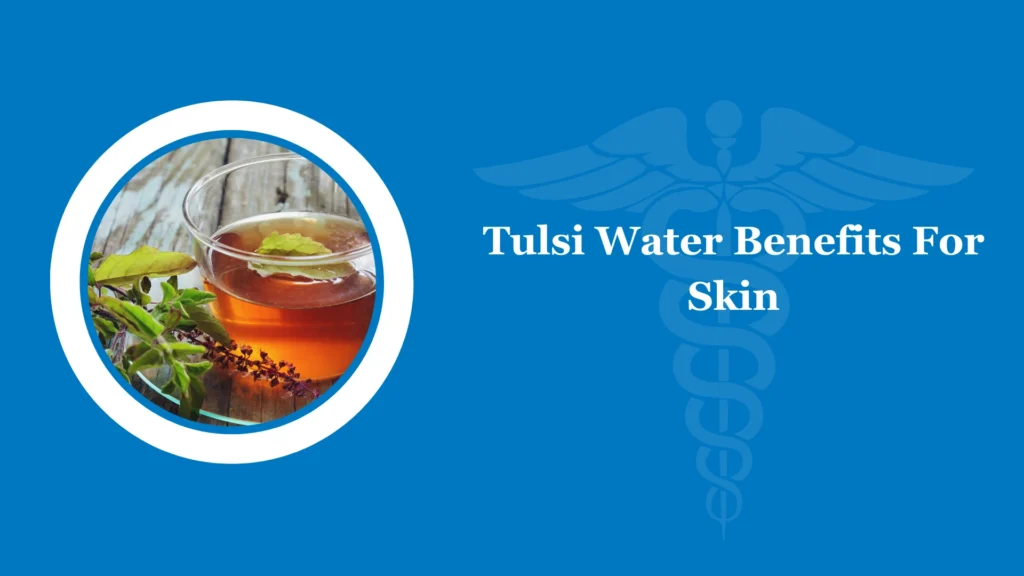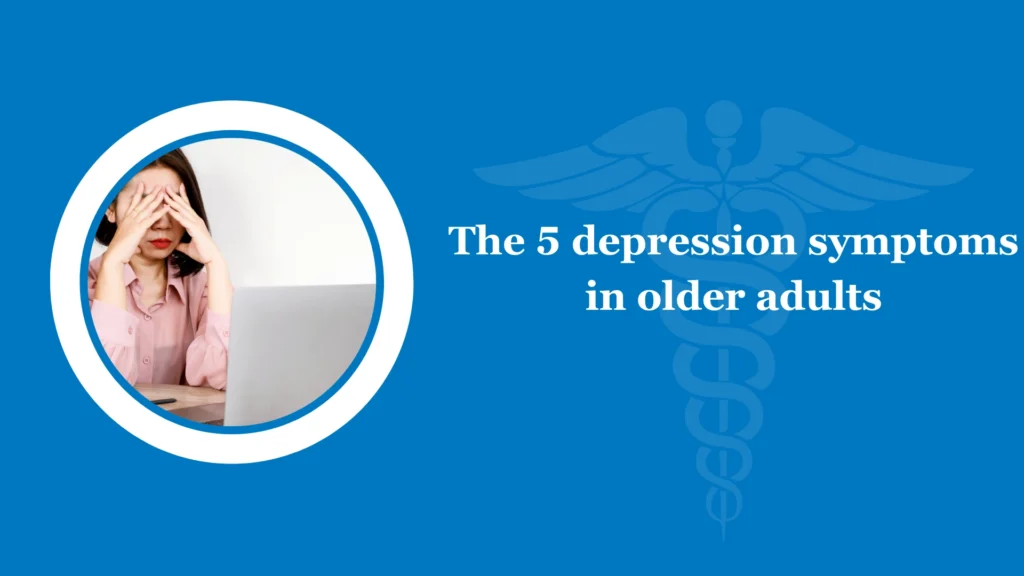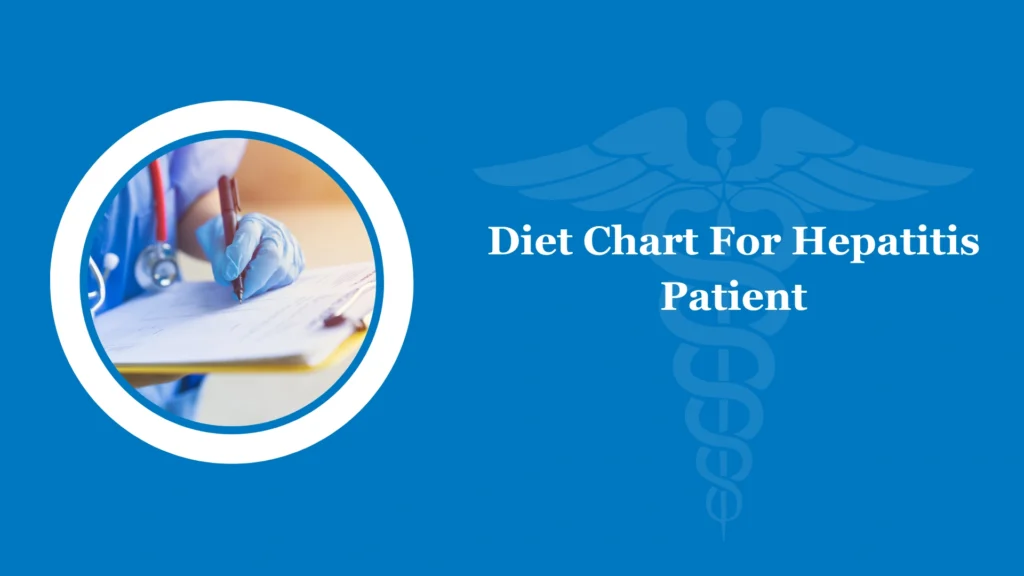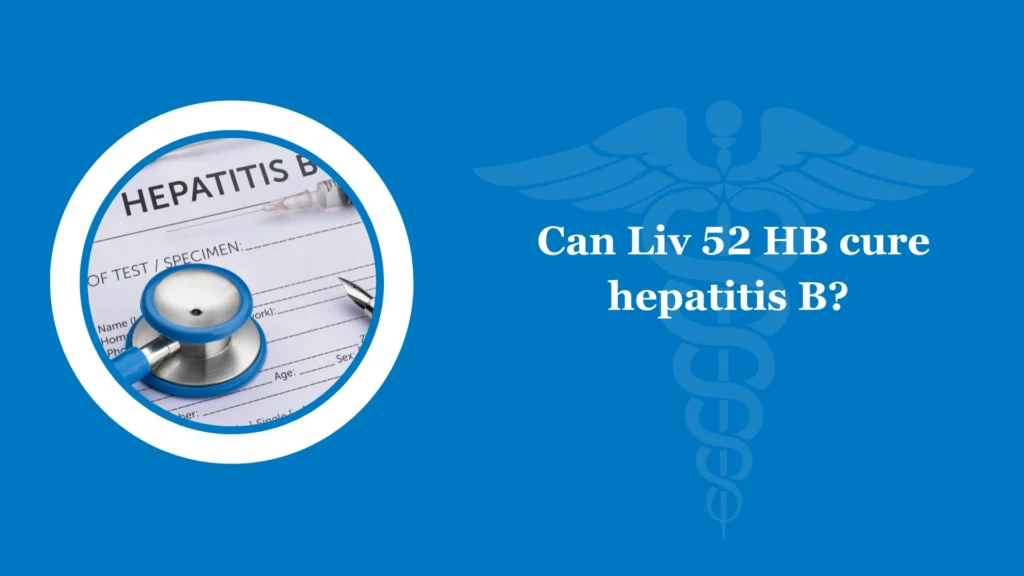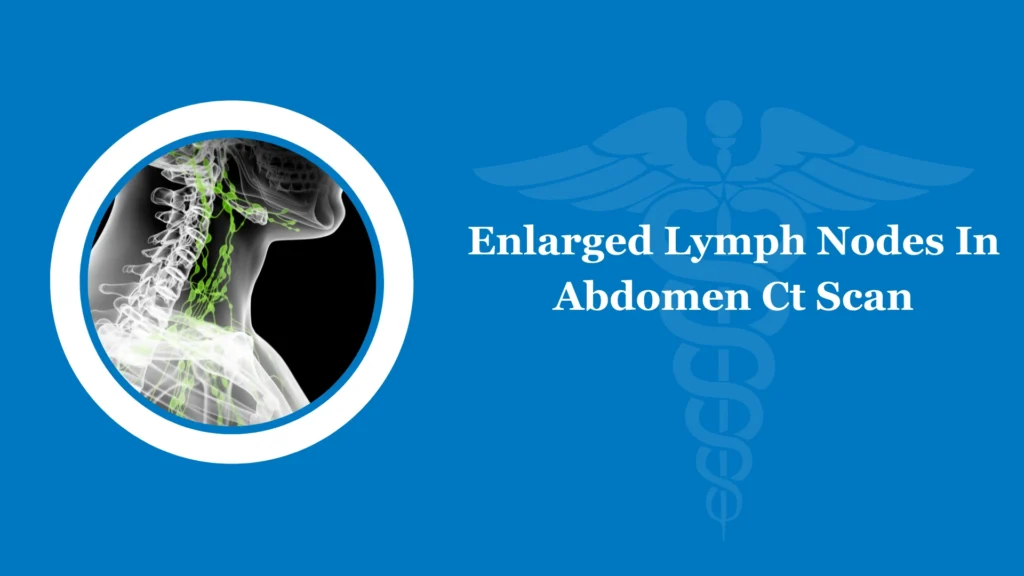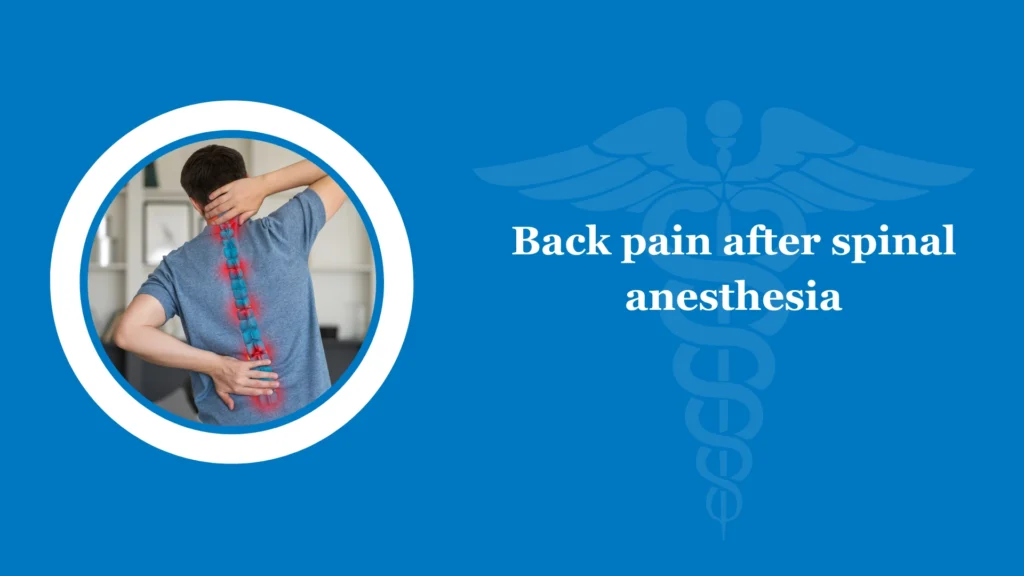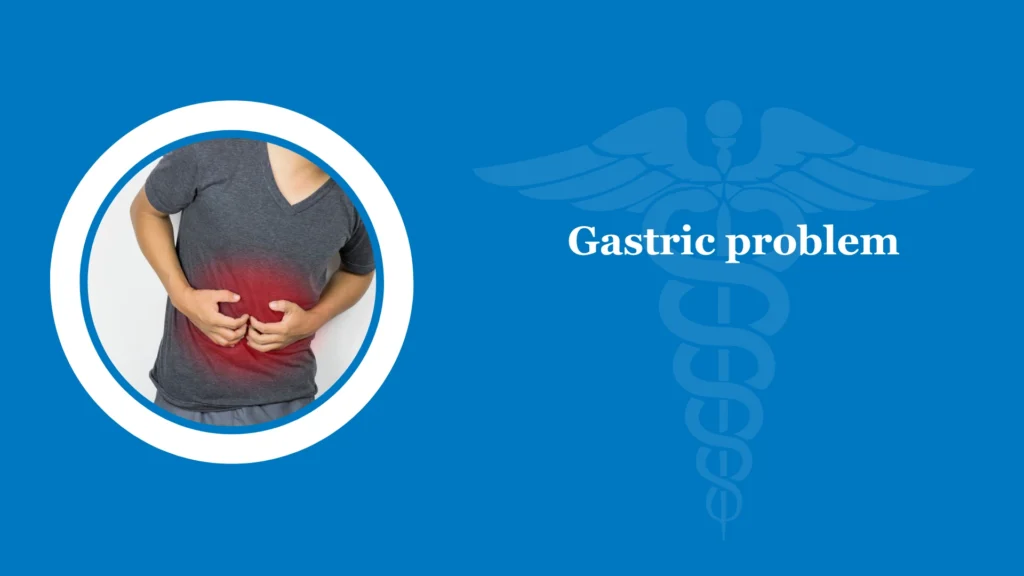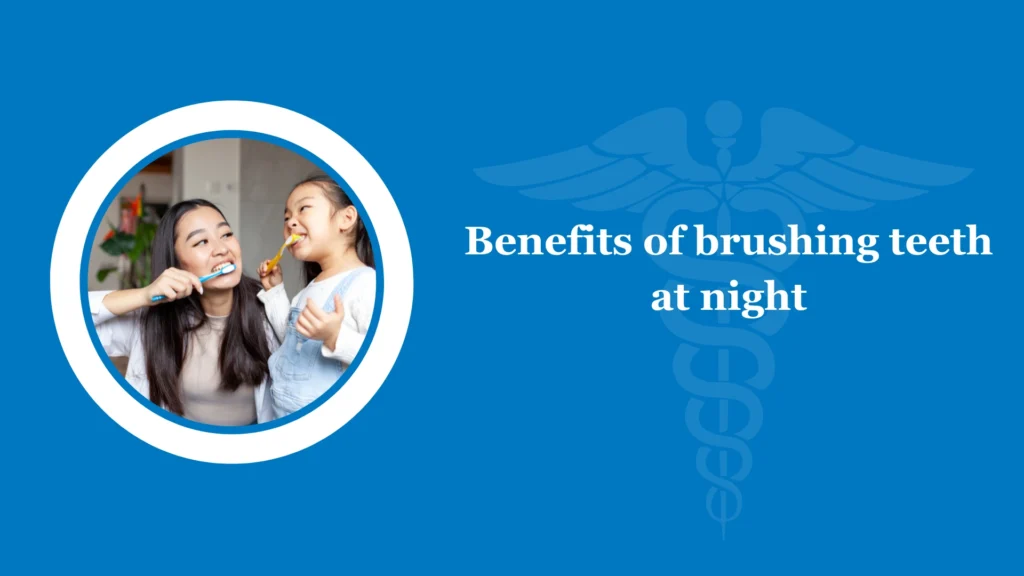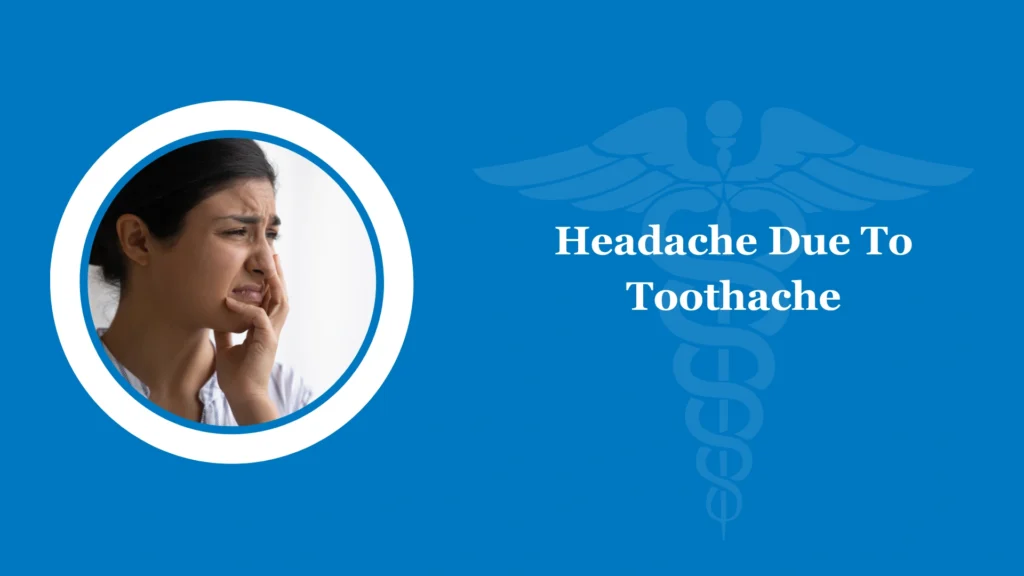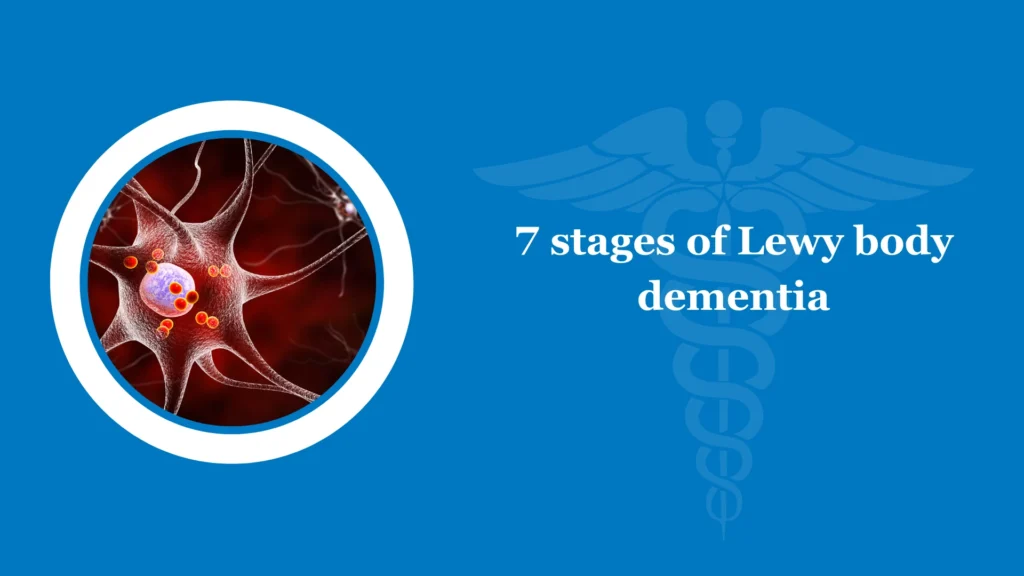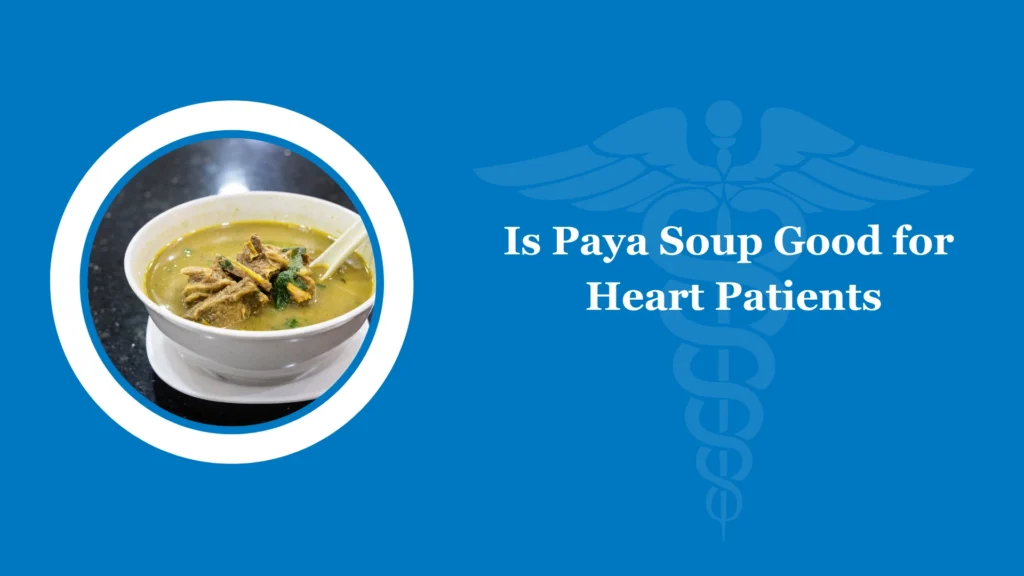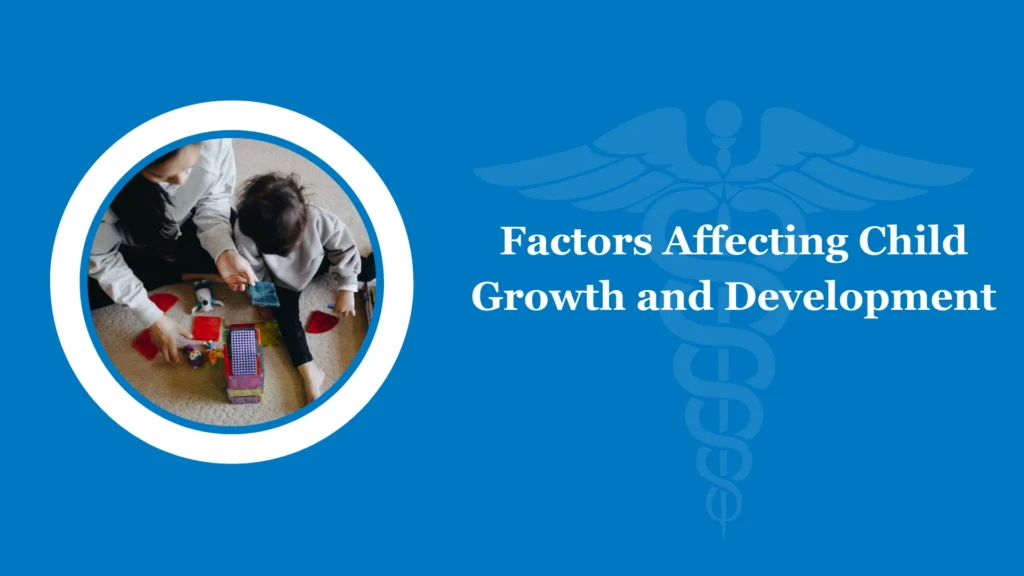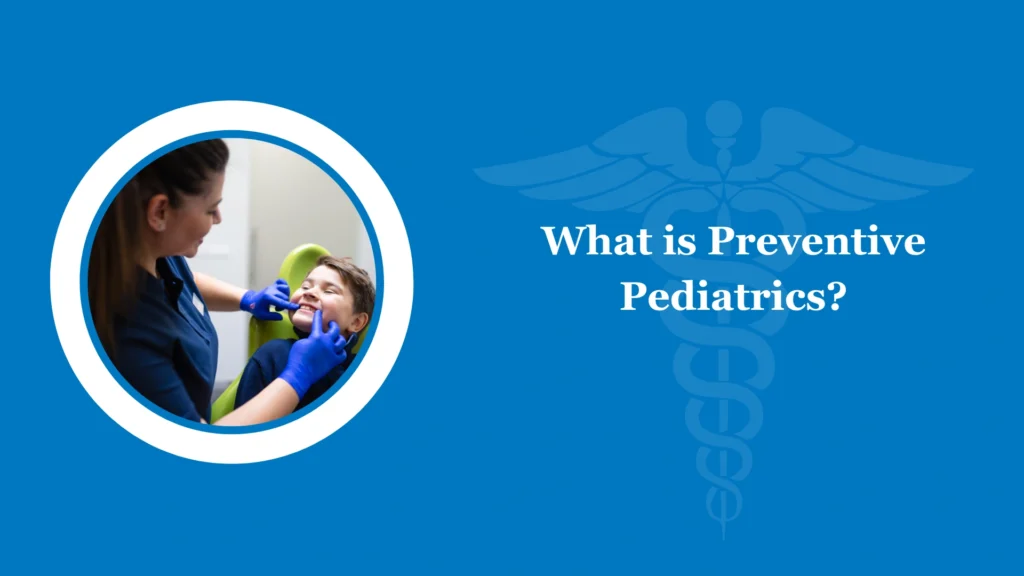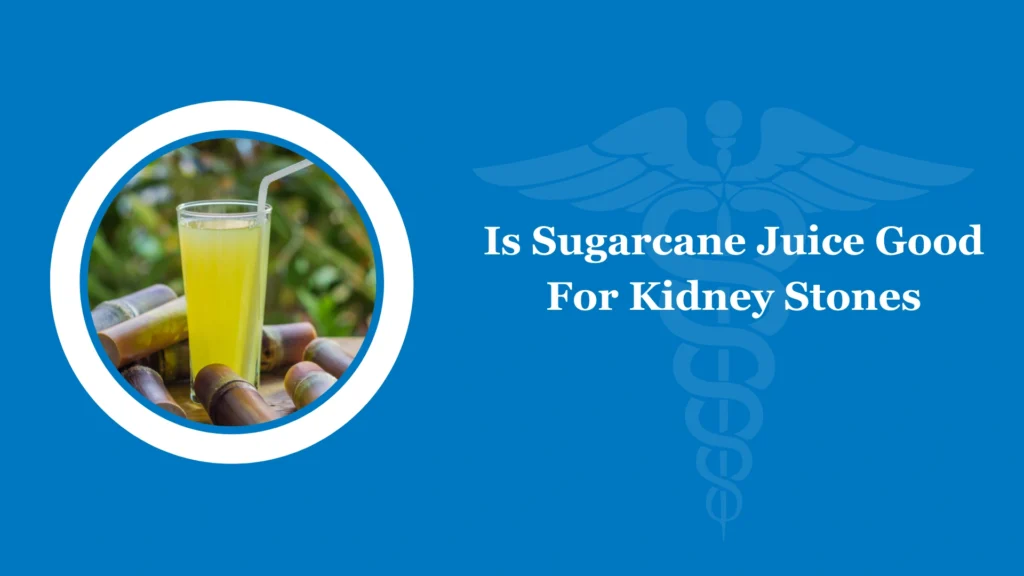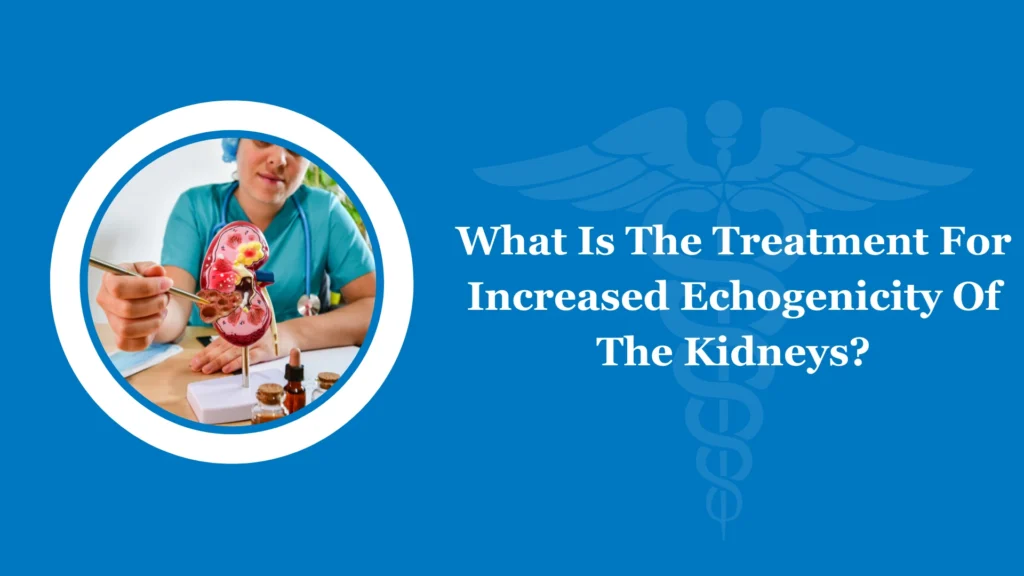After an IVF treatment, couples usually ask, “After how many weeks is IVF pregnancy safe?” IVF pregnancy is considered safe if it lasts anywhere from 10 to 12 weeks.
Couples need to enjoy life more by planning and preparing for parenting. Women need to take care of their health during pregnancy. This will help them be mindful of stress and diet levels during the IVF Pregnancy period.
In vitro fertilization is an effective fertility treatment and can help you have a healthy baby.
IVF Pregnancy Week-by-week & Assessing the Safety of IVF Pregnancy
You need to be safer during IVF pregnancy till 12 weeks (First Trimester). After the first 12 weeks, the risks go down a lot, making the pregnancy safer.
It will help reduce the chances of miscarriage. If everything is going well, the possibility of having a baby after one IVF cycle is about 40%.
This will go up to 60% after two cycles, and the pregnancy rate increases to 70%-80% after three cycles.
A. Early Pregnancy (Weeks 1-8)
It starts with the much-awaited fertilization of the egg by a sperm. This period is the starting point of your IVF Pregnancy. IVF’s first few weeks(1-8) of embryo transfer are crucial as the fertilized egg implants into the uterine lining.
From weeks (1-4), there will be mild cramping, similar to what’s felt during a regular pregnancy. Each week, from fertilization to the formation of vital structures, brings some new developments.
At this stage, you have some symptoms like breast tenderness, fatigue, and mild nausea; don’t panic about these symptoms. These symptoms will help to know your pregnancy is progressing highly noticeably.
You will get your first ultrasound by the sixth or seventh week. This will help confirm whether your baby’s heartbeat is healthy.
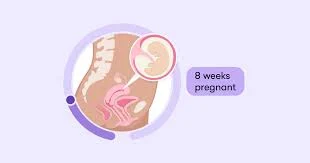
Let’s see how you need to safeguard during the early weeks
It is crucial to take certain precautions after IVF pregnancy to support a healthy baby.
We suggest some of the things you need to do: avoid strenuous physical activities, smoking, and alcohol, follow a well-balanced diet, and have regular check-ups with your fertility specialist.
Risks included
During the early weeks of an IVF pregnancy, you need to be more cautious, do not lift heavy weights, and avoid strenuous activities that can increase the risk of miscarriage. A fertility specialist will monitor the embryo’s development to ensure its progress.
B. Mid-Pregnancy ( weeks 9-20)
In this period, you can relax in reaching the mid-pregnancy stage, this ensures you will have more confidence and successful pregnancy progress in this IVF treatment.
In the first trimester (weeks 9-12), the embryo is transformed into a fetus, and the placenta is responsible for providing essential nutrients.
During the second trimester (weeks 13-16), you might experience morning sickness and heightened emotions. You will also suddenly increase in energy and notice your baby bumps.
At weeks 17-20, you will notice your baby’s first movement, often referred to as “quickness.” You might get some backaches & minor abdominal discomfort, but this is not a serious thing where you will get proper care.
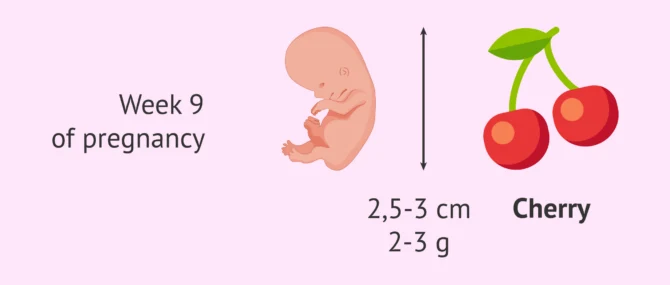
Let’s see how you need to safeguard during the Midweeks:
You need to do regular check-ups & prenatal care plays a crucial role by helping in assessing the safety of IVF Pregnancy during this period. You need to attend your appointments with healthcare provided by the fertility specialist.
Why prenatal care? A specialist will discuss any discomfort or concerns during this period with you. You will be assisted with proper support and guidance.
Risks Include:
In the Mid-Pregnancy period, fertility doctors must monitor the baby’s developmental stage to ensure the baby’s health and well-being. If the test is abnormal, then screening tests have to be taken, whereas genetic or anatomy scans may be recommended.
C. Late Pregnancy ( Weeks 21-40+)
The Third Trimester plays a significant role in IVF pregnancy. In this stage, the baby has reached maturity, with a high chance of survival outside the womb, which is increasing significantly.
At weeks 24-28, you need to check up regularly, and discussing your birthplace with your doctor becomes more important during this stage.
In weeks 29-32, you might get backaches and discomfort. You might also get Braxton Hicks contraction, this is nothing only your body is preparing for labor.
In Weeks 33-36, you have reached the preparation for birth, where your baby is settling into a head-down position, your belly gradually turns larger, you might get increased fatigue, and your baby’s head presses against your bladder.
In Weeks 36-40, you have reached the delivery stage. Be prepared and plan to welcome your baby to this world. As you approach the due date, you can feel your excitement & enthusiasm. You might notice that your baby drops as it settles into your pelvis.
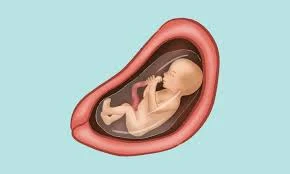
Let’s see how you need to safeguard during the later weeks:
As you have reached the due date, you need to focus on preparing for delivery and labor. As said before, you need to have prenatal check-ups and discuss your queries with your fertility specialist.
You can join in childbirth classes or workshops to learn about the labor process, how to manage the pain, a healthy diet during this period, and newborn child care.
Risks Include:
You need to go for regular checkups to assess your baby’s movements, During late pregnancy, monitoring your baby’s growth and movement is likely essential.
In this case, doctors may use various methods to track fetal development and the mother’s abdomen and perform ultrasound scans.
Factors that Determine the Safety of an IVF Pregnancy:
Listing out 9 factors below:
Underlying medical conditions: If you are undergoing IVF treatment, you need to check whether problems like endometriosis, PCOS, hypertension, and diabetes are treated before starting the IVF treatment.
Age of the woman undergoing IVF treatment: Women who undergo IVF treatment under the age of 35 have a high success rate compared to those above the age of 35. If you are taking this treatment after the age of 35, you need to consult with your fertility specialist and start your IVF treatment.
Quality of embryos: Embryo quality is an important factor determining the safety of your IVF pregnancy.
Lifestyle factors: You need to follow up on a healthy lifestyle like taking more nutrients, a healthy diet, exercise, and yoga.
Use of donor eggs or sperm: If your partner’s eggs or sperm are not well supported, use donor eggs or sperm to increase the success rate.
Monitoring and medical care: During IVF Pregnancy, take care of health by checking medical scans.
IVF clinic and expertise: For IVF pregnancy, choose the best IVF clinic with expertise to ensure quality treatment and safe pregnancy.
Preimplantation genetic testing (PGT): This test is a vital test required in IVF treatment. It is considered an early form of genetic diagnosis and helps identify abnormal embryos.
Several embryos transferred: Transferring multiple embryos at a time will lead to an increase in the pregnancy rate, but the result may show a high chance of implantation, causing multiple pregnancies and other complications.
Precautions after IVF Pregnancy:
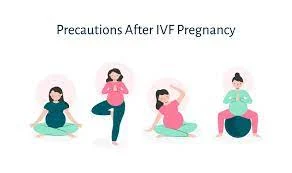
Regular Prenatal Check-up:
Take regular prenatal check-ups with your obstetrician to monitor your pregnancy progress. You need to take care of your and your baby’s health.
Follow a Nutritious diet & keep yourself hydrated:
During pregnancy, one major habit that you need to develop is eating healthy and nutritious food. These include fatty fish, avocados, whole grains, yogurt, nuts and seeds, water, fresh juices, berries, eggs, and leafy green vegetables.
Exercise Moderately:
Engage in gentle exercise like walking or prenatal yoga as advised by your doctor.
Medications:
Follow proper medications like prenatal vitamins & supplements. Folic acids are the most important to consume after embryo transfer. Taking more rest during this period is essential. Follow other medications as per your doctor’s guidelines.
Manage stress:
Practice small things like meditation, breathing, and engaging yourself with others, whatever makes you happier.
Stay positive and seek support:
Engage yourself with strong support as you spend more time with loved ones to make you happier. Be positive and believe in the universe, and you will wish to have a happy journey.
Conclusion:
IVF treatment is considered to be safe after the first trimester(12 weeks after). Remember to get proper health care providers and advice throughout your pregnancy.
By following the precautions mentioned above and as per your doctor’s advice, you can ensure a healthy pregnancy. Have a wonderful experience, and wish you a healthy baby with joy & love.
FAQs:
1. When is the safe period for IVF pregnancy?
IVF pregnancy is safe after 12 weeks of embryo transfer, which is known as the First Trimester. After this stage, the risks get reduced, and your pregnancy rate becomes high.
2. Why is the 12th week considered safe for IVF pregnancy?
The 12th week is considered the end of the First trimester. During this time, the chances of miscarriage drop significantly, making it known as the safe period. The baby’s development also accelerates during this time, and couples may hope to share their pregnancy news with others.
3. After the 12th week of IVF pregnancy, can I return to my regular activities?
Yes, but with caution, you may resume your routine activities, during that time, it is advisable to avoid strenuous activities and continue with a healthy & happy lifestyle
